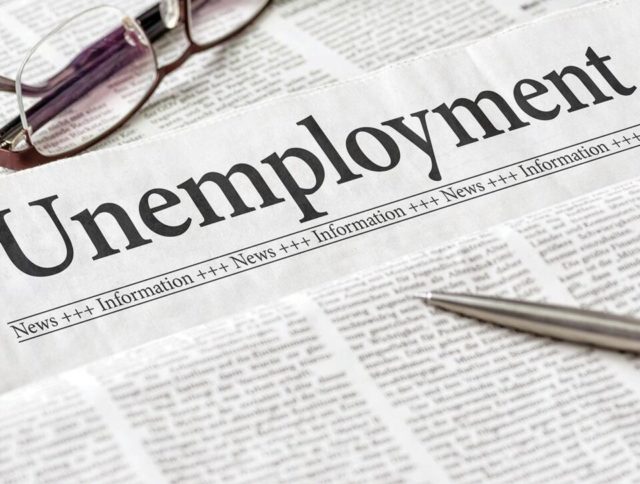South Africans are in for a tough festive season after it emerged that the country’s unemployment rate was the highest since 2008, while overstretched motorists are expected to dig even deeper in their pockets as the petrol price breached the R20/litre barrier for the first time in history.
SOUTH Africans are in for a tough festive season after it emerged that the country’s unemployment rate was the highest since 2008, while overstretched motorists are expected to dig even deeper in their pockets as the petrol price breached the R20/litre barrier for the first time in history.
This comes at a time when the country’s tourism sector predicted another jobs bloodbath after a number of countries closed their borders over the Omicron variant ahead of South Africa’s peak season.
The quarterly labour force survey released on Tuesday showed the unemployment rate had increased by half a percentage point to 34.9% in the third quarter of 2021 – the highest since 2008.
The number of employed persons decreased by 660,000 in the third quarter of 2021 to 14.3 million, according to the Quarterly Labour Force Survey, said Statistician-General Risenga Maluleke.
“The number of unemployed persons decreased by 183,000 to 7.6 million compared with the second quarter of 2021,” the report said.
The survey found that the number of discouraged work-seekers increased by 545,000 (16.4%). The number of people who were not economically active for reasons other than discouragement increased by 443,000 (3.3%) between the two quarters, resulting in a net increase of 988,000 in the not economically active population.
Reacting to the numbers in Parliament on Tuesday, Finance Minister Enoch Godongwana said the unemployment stats showed that the economy was under pressure and was experiencing a constrained environment.
He said other than the 34.9% unemployment, the economy still had to deal with the fourth wave of Covid-19, which posed another threat. Its impact has not yet been felt.
“This debate takes place against the backdrop of major economic challenges facing our nation. Statistics South Africa today has revealed that unemployment continues to grow. We are sitting at about 34.9%. We are having this debate within a constrained fiscal outlook.
“Coupled with these is the resurgence of the fourth wave of the Covid-19 pandemic. The consequences of this fourth wave, from a fiscal perspective, are unknown,” said Godongwana.
“That delicate balance we are trying to achieve is to save lives, protect the vulnerable and grow this economy so that we could make an impact on unemployment, poverty and inequality. We have got to do all of this in a manner that is sustainable,” he said.
The much-hyped economic recovery and reconstruction plan had not yielded the employment numbers necessary to reduce the level of unemployment, said Cosatu spokesperson Sizwe Pamla.
“This is because localisation and manufacturing initiatives have yet to be realised. The manufacturing sector remains a key component and the backbone of any industrialised economy.
“Business and the government must come together to realise the commitments for local manufacturing at a rate and scale that can absorb labour and drastically drive down the unemployment rate.”
Meanwhile, motorists were rushing to filling stations on Tuesday as the hefty petrol price increase took effect at midnight.
Petrol across all grades increased by 75 cents a litre, crashing through the R20/l barrier for the first time in history.
Diesel increased by as much as 75 cents a litre, and illuminating paraffin by 42 cents a litre.
United Association of South Africa (UASA) said they were concerned about the effects on commuters.
“Since the beginning of the year, fuel prices have increased 40%, while workers received minimal or no salary increase, resulting in financial strain for motorists or taxi commuters. Uasa urges its members and other workers to make wise travel arrangements over the festive season, keeping in mind that January, with its own education-linked expenses like school or university fees, school uniforms and books, is around the corner,” they said.
The Automobile Association said in under six months, South Africa has slipped from R13.40 to the US dollar in June to its current price pegged at around R16.15.
It said from January to the latest increase, ULP95 petrol had increased by R5.87 a litre, while ULP93 petrol increased by R5.89 a litre over the same period.








